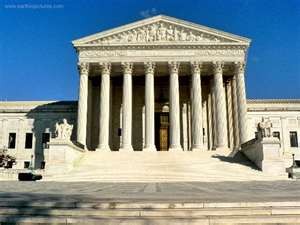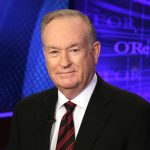A Win for Judicial Sentencing Discretion in Armed Robbery Cases; Additional Reform Still Needed
 Earlier this month, in Dean v. United States, the Supreme Court ruled that federal sentencing judges retain some discretion to soften the notoriously draconian sentencing scheme of 18 U.S.C. §924(c). The statute establishes a mandatory prison term when a defendant uses or possesses a firearm in connection with a violent or drug trafficking crime. Unlike most minimums, though, this one must be imposed to run consecutively with any other sentences imposed at the same time. Thus, for instance, a defendant convicted of both a robbery and possession of a firearm during the robbery must get at least five years on top of whatever sentence is ordered for the robbery.
Earlier this month, in Dean v. United States, the Supreme Court ruled that federal sentencing judges retain some discretion to soften the notoriously draconian sentencing scheme of 18 U.S.C. §924(c). The statute establishes a mandatory prison term when a defendant uses or possesses a firearm in connection with a violent or drug trafficking crime. Unlike most minimums, though, this one must be imposed to run consecutively with any other sentences imposed at the same time. Thus, for instance, a defendant convicted of both a robbery and possession of a firearm during the robbery must get at least five years on top of whatever sentence is ordered for the robbery.
But what if a judge—in light of all of the facts of the case and the circumstances of the defendant—decides that five years is a sufficient punishment for the crime? Could the judge impose a sentence of just one day on the robbery count, so that the total sentence does not exceed what is necessary? In other words, in sentencing for the robbery count, can the judge take into consideration what she will have to impose for the §924(c) count?
Yes, said the Supreme Court in Dean.

